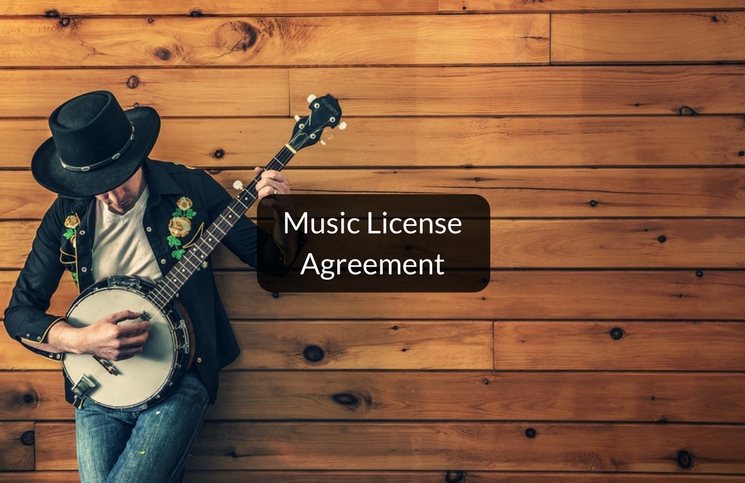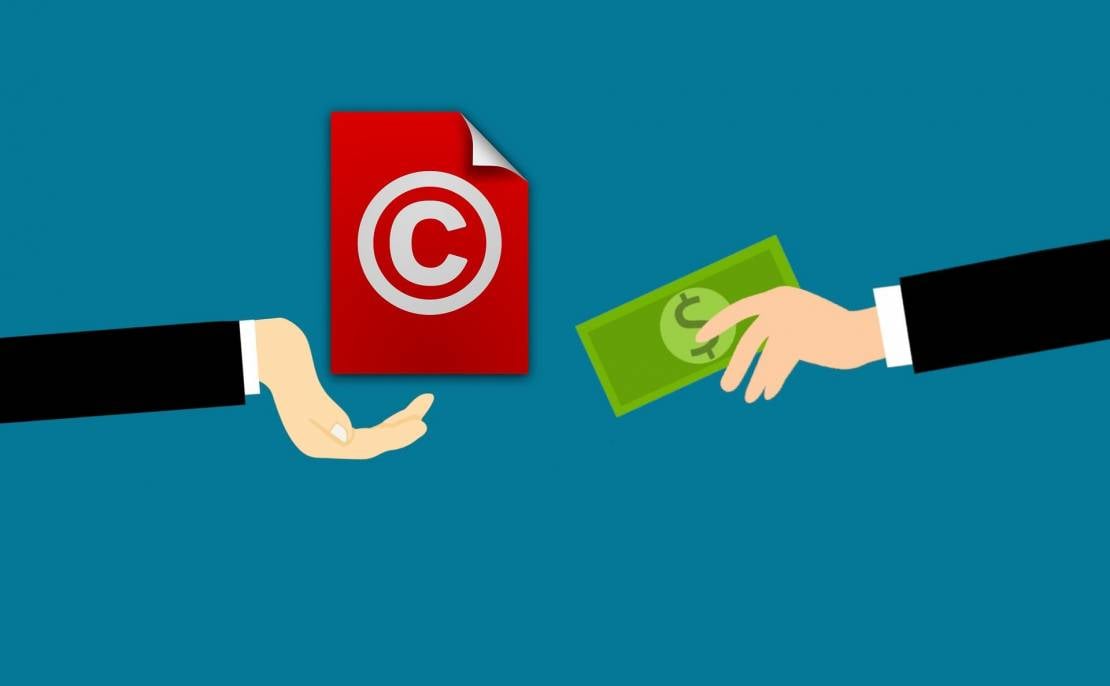Table of Contents
Music is a powerful tool that brands can use to connect with their audience, evoke emotions, and reinforce their messaging. However, using music commercially requires obtaining the proper licenses and permissions from the music’s owner.
This is where music licensing for brands comes in.
In this process, brands can access a wide range of music for use in their marketing and advertising efforts, ensuring that they are legally compliant and able to create impactful and memorable campaigns.

Let’s dive into the world of music licensing for brands!
Music licensing for brands refers to obtaining permission from the owner of a particular piece of music, typically a record label or music publisher, to use that music in a commercial context. This could include using the music in a TV or radio advertisement, as background music in a video or online content, or as part of a branded event or experience.

A synchronization license is required when using a specific piece of music in a video or other audiovisual content, such as a commercial or film. This license covers the use of the underlying components and any lyrics or other musical elements.
A mechanical license is required to reproduce and distribute copyrighted musical works. This license is typically needed when a brand wants to release a cover version of a song or include a song on a CD or other physical or digital product.
A public performance license is required when music is played in public spaces, such as retail stores, restaurants, or other commercial locations. This license is typically obtained through a performance rights organization (PRO) such as ASCAP, BMI, or SESAC.
A master use license is required for a specific song recording, rather than just the composition. This license covers the rights to use a specific recording, which the artist, record label, or other rights holder may own.
A print license is required when printing or distributing sheet music for copyrighted work. This license covers the right to reproduce and distribute musical notation and lyrics.
A digital download license is required to distribute digital music files, such as MP3s or other digital formats. This license covers the right to distribute and sell the music on digital platforms such as iTunes or Amazon.
A performance license is required when music is performed live in public, such as at a concert or event. This license is typically obtained through a PRO and covers the right to perform copyrighted works.

Understanding the different types of music licensing agreements is crucial for brands that want to use music in their marketing and advertising efforts.
Working with a reputable music licensing agency or consultant can help brands navigate the complexities of these agreements and ensure that they are legally compliant. By doing so, brands can harness the power of music to create impactful and memorable campaigns.

A synchronization license is the most common type of license used for brand videos. This license covers the use of the underlying composition as well as any lyrics or other musical elements in a video or other audiovisual content. A synchronization license may be the right choice if you’re creating a brand video that features music as an integral part of the message.
A public performance license may be required if your brand video will be shown in public spaces, such as retail stores or restaurants. This license covers the right to play music in public spaces and is typically obtained through a performance rights organization (PRO) such as ASCAP, BMI, or SESAC.
If your brand video uses a specific recording of a song, rather than just the composition, you’ll need a master use license. This license covers the right to use a specific recording, which the artist, record label, or other rights holder may own. If you want to use a particular song recording in your brand video, a master-use license is the right choice.
If your brand video will be distributed digitally, such as on YouTube or other video-sharing platforms, a digital download license may be required. This license covers the right to distribute and sell the music on digital platforms such as iTunes or Amazon. A digital download license is necessary if you plan to distribute your brand video digitally and want to include music.
When choosing the right music licensing agreement for your brand video, it’s essential to consider how you plan to use the music, where the video will be shown, and whether you need to use a specific song recording.
Working with a reputable music licensing agency or consultant can help you navigate the complexities of these agreements and ensure that you are legally compliant.
By understanding the different types of licensing agreements available and working with the right experts, brands can harness the power of music to create impactful and memorable brand videos.
But we have a stock music library! Do you? You can have an excellent content pool, though. And your content would always deserve the best music too!
A track is not an element resting in the background. It enhances the quality of your video. And you deserve a pool of tracks you choose from; what do you think?
Hoopr presents you with 25000+ tracks and SFX for your videos. You reach your community through familiar music and still stand out. Stock music is a buzz kill. As you explore the sounds of India, you come across tracks from Goa, Gujarat, Rajasthan, West Bengal, and other Indian states.
Apart from different languages, you get tracks for weddings and other festivities. The tracks are personalized to your audience’s taste and fit just right. In fact, we are yet to reveal the most fun part of this offer!
You can avoid all the copyright issues! The tracks are copyright-free or, as we call it, copyright-safe. So, content creators, you can now leave the worries behind and subscribe today to get the annual plan going.